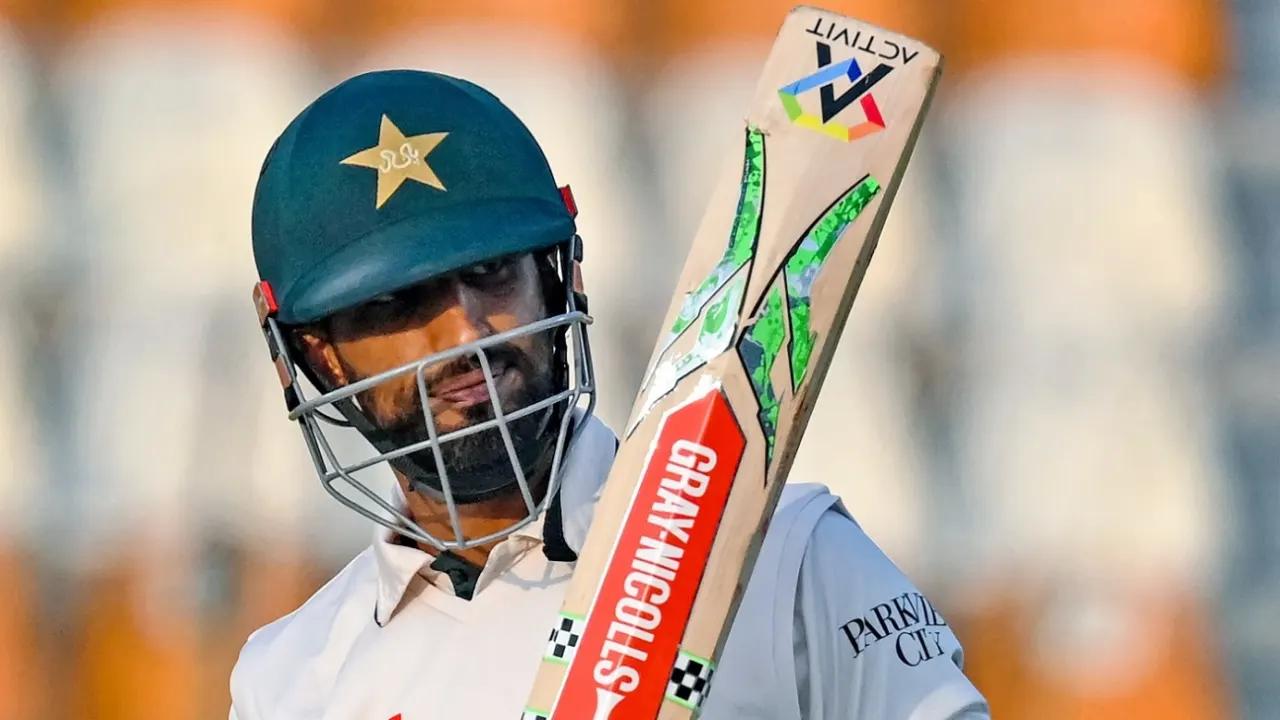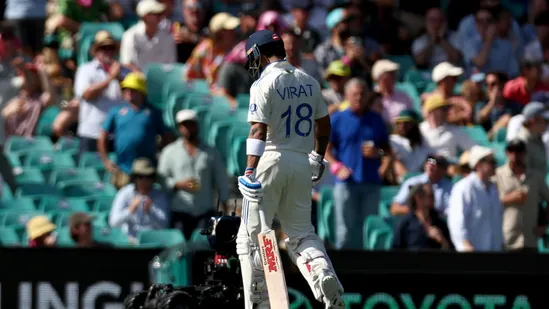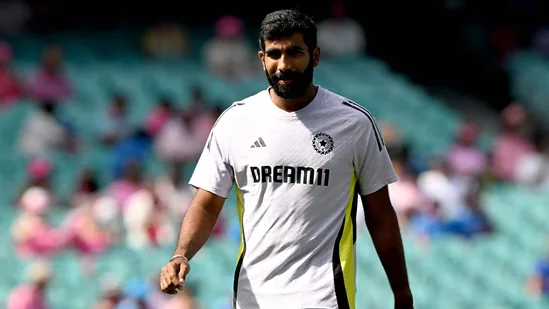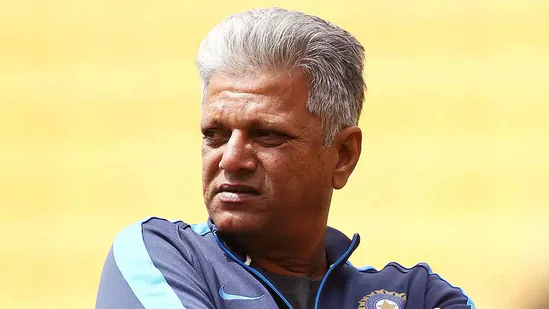Shan Masood defends team's spin-heavy strategy: 'Our priority is taking 20 crucial wickets'
Pakistan captain Shan Masood staunchly defended Pakistan's decision to prepare a pitch th...
Pakistan captain Shan Masood staunchly defended Pakistan's decision to prepare a pitch that heavily favored spin bowling. Following a 127-run victory in the shortest-ever Test match on Pakistani soil, Masood faced questions about the pitch's dry and brittle nature during the press conference, and he explained the strategic reasoning behind the decision.

"We will do what we need to take 20 wickets and win the match," Masood said. "We don't even play domestic cricket in these conditions. It's a new thing for us as well. We changed it during the England series because we wanted our team to win. We should appreciate the hard work of our bowlers, who got us 20 wickets consistently."
On those counts, the decision has been an unmitigated success. Ever since losing the first Test to England in October on a flat deck, Pakistan volte-faced on the kind of surfaces they wanted to prepare. Particular attention has been focused on the measures they have taken to ensure spin remains the most potent - arguably only - threat.
Related
Sajid, Noman, Abrar share all 20 wickets as Pakistan go 1-0 up
Stats - The shortest Test match to produce a result in Pakistan
Have Pakistan opted out of the pace race?
The second Test against England was played on the same used surface of the first Test, with large fans to dry it out. The third Test in Rawalpindi, which naturally does not take spin until late in games, was dried out by wedding-style heaters and fans enclosed by windbreakers; England even accused it of being raked, though concrete evidence of that has not emerged. Ahead of this Test in Multan in the middle of winter, Pakistan went one step further, encircling the surface in a greenhouse as it was warmed up by those giant heaters and fans.
Every surface has produced the effect - and result, Pakistan were after. Their spinners - Sajid Khan and Noman Ali in particular - have had little trouble taking 20 wickets; none of the 60 opposition scalps have fallen to seam bowlers since. And each of those three games have produced convincing Pakistan wins.
Masood pointed out the wins were not an inevitability, but a consequence of Pakistan playing the better cricket across all departments in each game. "If you're looking individually at the batters, it doesn't make for good reading. But our batters batted better than West Indies, and better than England's batters in October. If you just look at hundreds and fifties and judge them by raw numbers, then it'll be misleading. Just like we'll have to be flexible with our playing style, viewers will also need to be flexible in their thinking. Look at India's blueprint and their averages at home and you'll get the point. If conditions are flat, getting 20 wickets is hard. We've sacrificed individual milestones for team results."
Masood's comments indicate that Pakistan have no plans yet to change what has been a successful strategy for them. While this World Test Championship (WTC) cycle has proven an unhappy one - they will finish second from bottom in the standings - they have, on paper, a much softer draw in the next two-year cycle. It sees them play three two-Test series at home against South Africa, New Zealand and Sri Lanka, and three series away from home against West Indies, England and Bangladesh. Masood made it clear they had eyes on a final berth in 2027, and that, should it happen, the route lay through "winning all our games at home".
"If you're looking individually at the batters, it doesn't make for good reading. But our batters batted better than West Indies, and better than England's batters in October... Just like we'll have to be flexible with our playing style, viewers will also need to be flexible in their thinking."He also dismissed any concerns over dissatisfaction of his fellow batters regarding these playing conditions, and allayed fears over the redundancy of Pakistan's Test fast bowling. "We can't pit our bowlers and batters against each other," he said. "The hardest thing to do here was batting and fast bowling. West Indies didn't score 141 in either of their innings, and yet we had one partnership [Saud Shakeel and Mohammad Rizwan] do it. The mistake is we should maybe have tried to string a few partnerships around that big one. Performances aren't just about scoring centuries; in some conditions, 10-20 extra runs can make all the difference.
"If someone has to sacrifice there, like fast bowlers or batters, then so be it. There will be oppositions where we feel we can prepare seam-friendly pitches. Then fast bowlers will get the opportunity to get wickets like the spinners got here. We need to work on how we can progress as a team. A WTC is a two-year cycle, so fast bowlers will come into it. We have away series in England and the West Indies with the Dukes ball. When a subcontinent team comes here, we may prepare seam-friendly wickets. Over the bigger picture, no one's role is being diminished."
Pakistan do not play another Test for nine months, and have just two scheduled over the next 14 months. For Masood, this was the biggest concern, and a situation he deemed unacceptable.
"I've complained about this issue and raised it several times; a nation like Pakistan cannot just play 4-5 Tests a year. This is something we as a nation need to push for. A ten-month gap, and then if you come and play in these conditions, it can be completely different. Our first-class season will also likely only just have begun at that time. These ten months are important, and I hope we get international and domestic cricket, and the Test players we have, hopefully we can look after them in the next ten months so they're ready for the series against South Africa in October."
Ten months is a long time in cricket and, as Masood knows only too well, especially in Pakistan cricket. But in a nation where captains can live or die by the results their team produces, it is little surprise Masood makes no apology for a strategy which, for now, has been giving his team those wins, regardless of the optics that accompany them.






